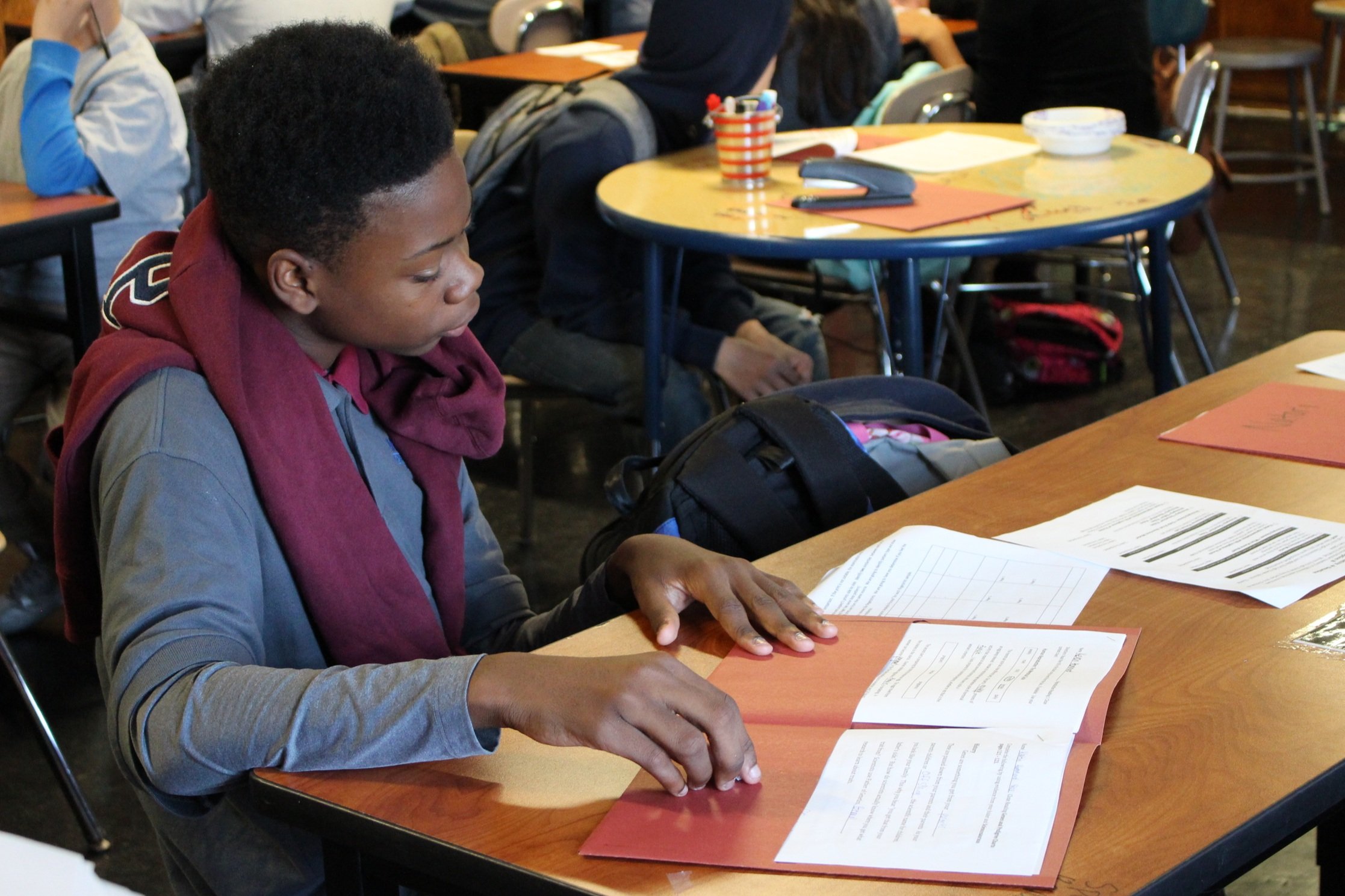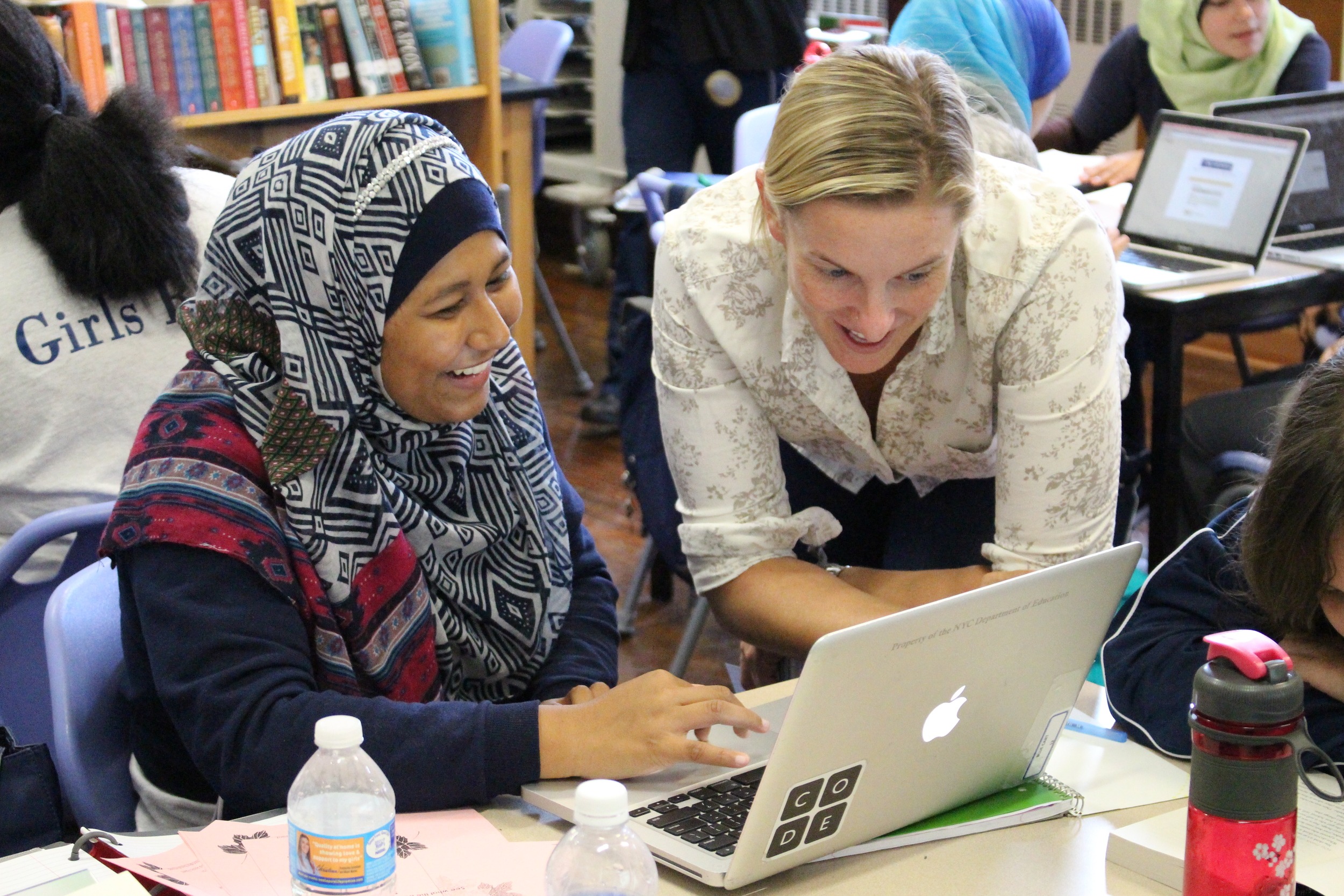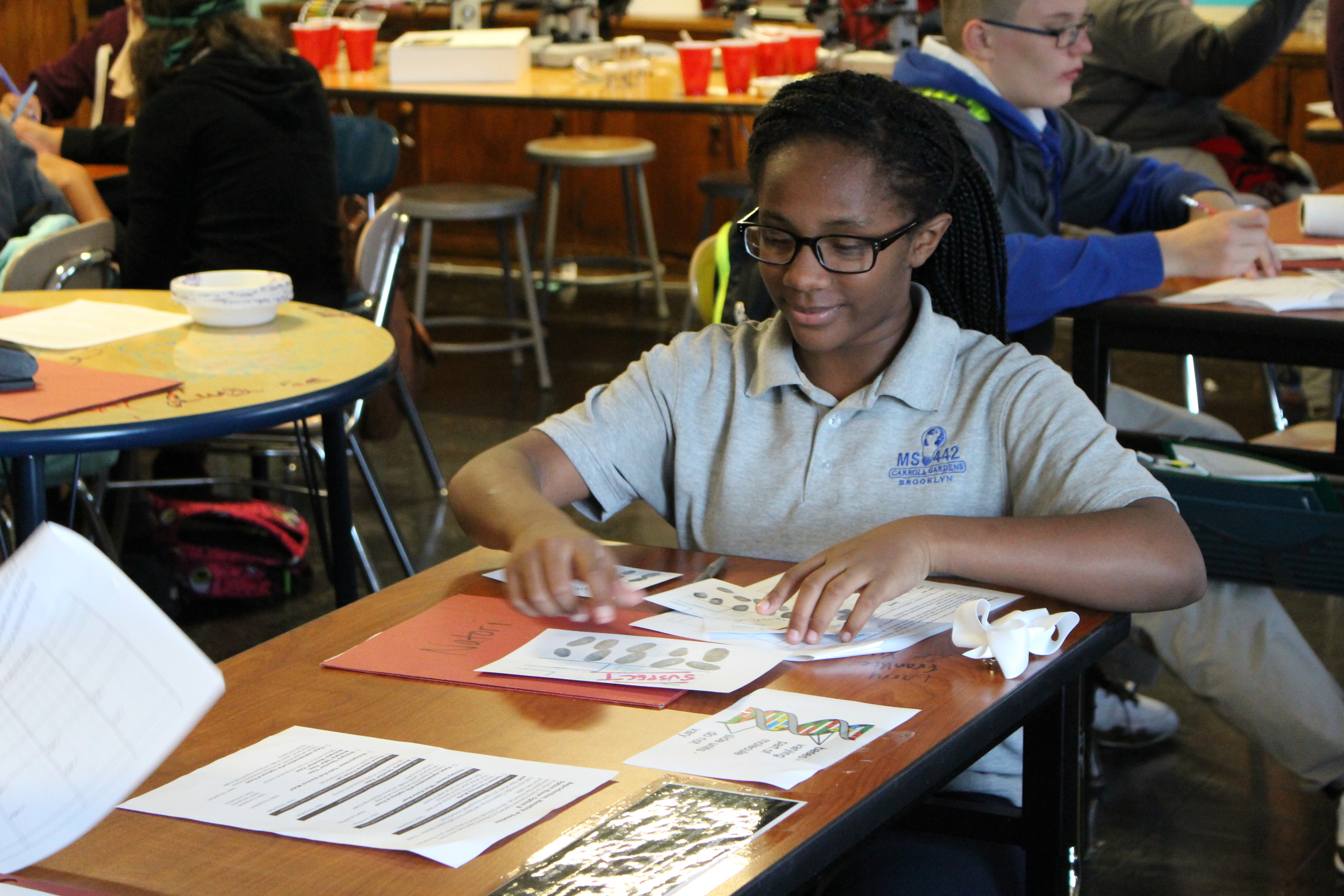
SHIFTING THE PARADIGM OF LEARNING & Grading IN NYC SCHOOLs
The Competency Collaborative community of schools aims to be:
Youth-Centered. Culturally responsive-sustaining. Competency-based.
SHIFTING THE PARADIGM OF LEARNING & Grading IN NYC SCHOOLs
The Competency Collaborative community of schools aims to be:
Youth-Centered. Culturally responsive-sustaining. Competency-based.

How does Competency-based learning change the game?
How does Competency-based learning change the game?
for students
Feedback is clear, timely, and and actionable. Students focus on next steps toward independent proficiency. Grades are neither rewards nor punishments. Instead, a grade is a message about where the learner is at a point in time, along the path to proficiency. This is a more fair and clear way to organize learning.
for teachers
Teachers design a responsive arc of learning that builds toward independent proficiency via inquiry, collaboration, academic discussion, peer feedback, cognitive coaching, and presentation. Students’ performance drives instruction. Assessments are rich, varied opportunities to show what learners know and can do—not just one-and-done high stakes tests.
FOR Families
Families and caregivers can be more in
the loop on children's progress. They get frequent, transparent feedback on how to understand, discuss, and support learning. A competency-based approach helps all stakeholders to go “beyond the grade” to discuss the learning process with young people.

innovation and equity
Schools in NYC are shifting to create more equitable learning cultures. The CC’s active community of 75+ member schools seek to make academics and school culture more equitable, youth-centered, and culturally responsive and sustaining.
innovation and equity
Schools in NYC are shifting to create more equitable learning cultures. The CC’s active community of 75+ member schools seek to make academics and school culture more equitable, youth-centered, and culturally responsive and sustaining.
MORE Responsive and Sustaining BY INTENTION
The path to success is clear to everyone, because criteria for success are shared and “unpacked” from the start. Basing grades on objective outcomes and evidence in student work narrows the chance for implicit bias to factor into grading. Along the way, we use a growth mindset approach—so students hear “not yet” or “approaching” instead of “you fail.” Culturally responsive-sustaining curriculum and pedagogy builds cultural competence: learners’ ability to understand, empathize, and work successfully with others who are different from themselves. As they build critical consciousness, students gain perspective and access power to name what needs to change, and to “be the change” they wish to see.






